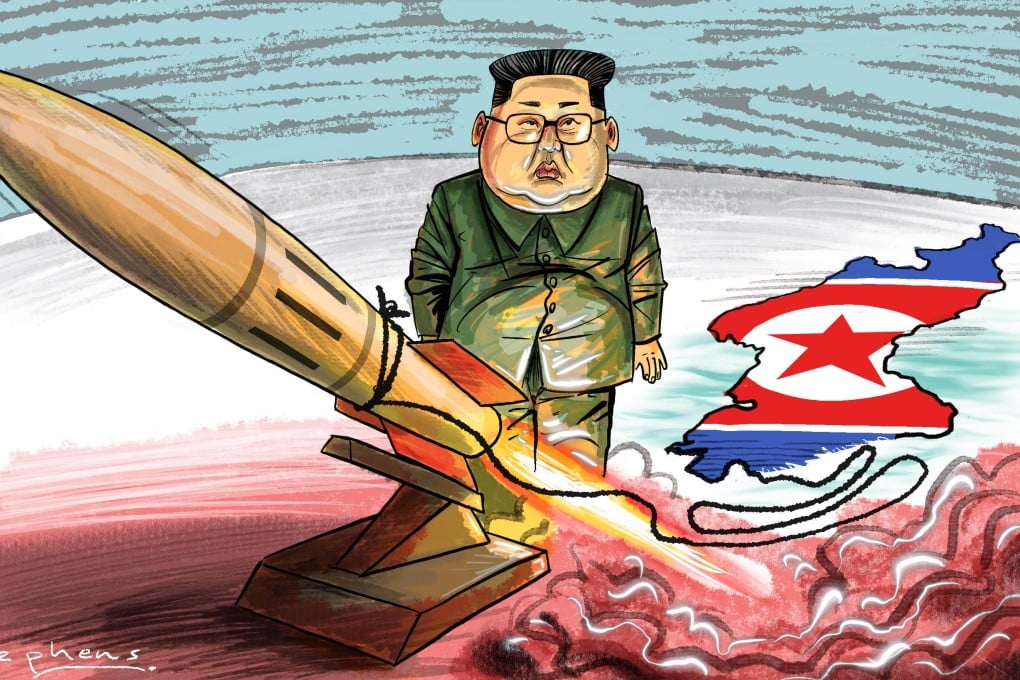Opinion | Kim Jong-un’s miscalculations leave his regime in North Korea hanging by a thread
- Three events have precipitated the crisis in North Korea: UN sanctions, Kim’s harsh Covid-19 controls and his failed bid to court Russia and China in a defiant nuclear push
- The only remaining means of preserving state integrity is the use of terror and repression

These sanctions caused North Korea’s economy to deteriorate. Gross domestic product contracted, causing a reduction in per capita income and subsequently consumption. A prolonged decline in exports also led to a cumulative trade deficit. Attempts to compensate for this trade deficit depleted foreign exchange reserves, impeding the country’s ability to import.
The sustained contraction of exports, the state’s main source of revenue, also meant a fiscal crunch, while shrinking imports of raw materials and consumer necessities, including food, jeopardised the output of the state manufacturing sector, induced food insecurity and instigated inflation.
The resulting depreciation of the domestic currency eroded purchasing power, stimulating the circulation of foreign currencies.
The disruption of state manufacturing also contributed to “marketisation from below” and the proliferation of the non-state sector – also known as the shadow economy – which now accounts for an estimated 70 per cent of the economy. This led to the spread of corruption and an unequal income distribution, and the state losing the ability to effectively coordinate economic activity, impairing its legitimacy.

